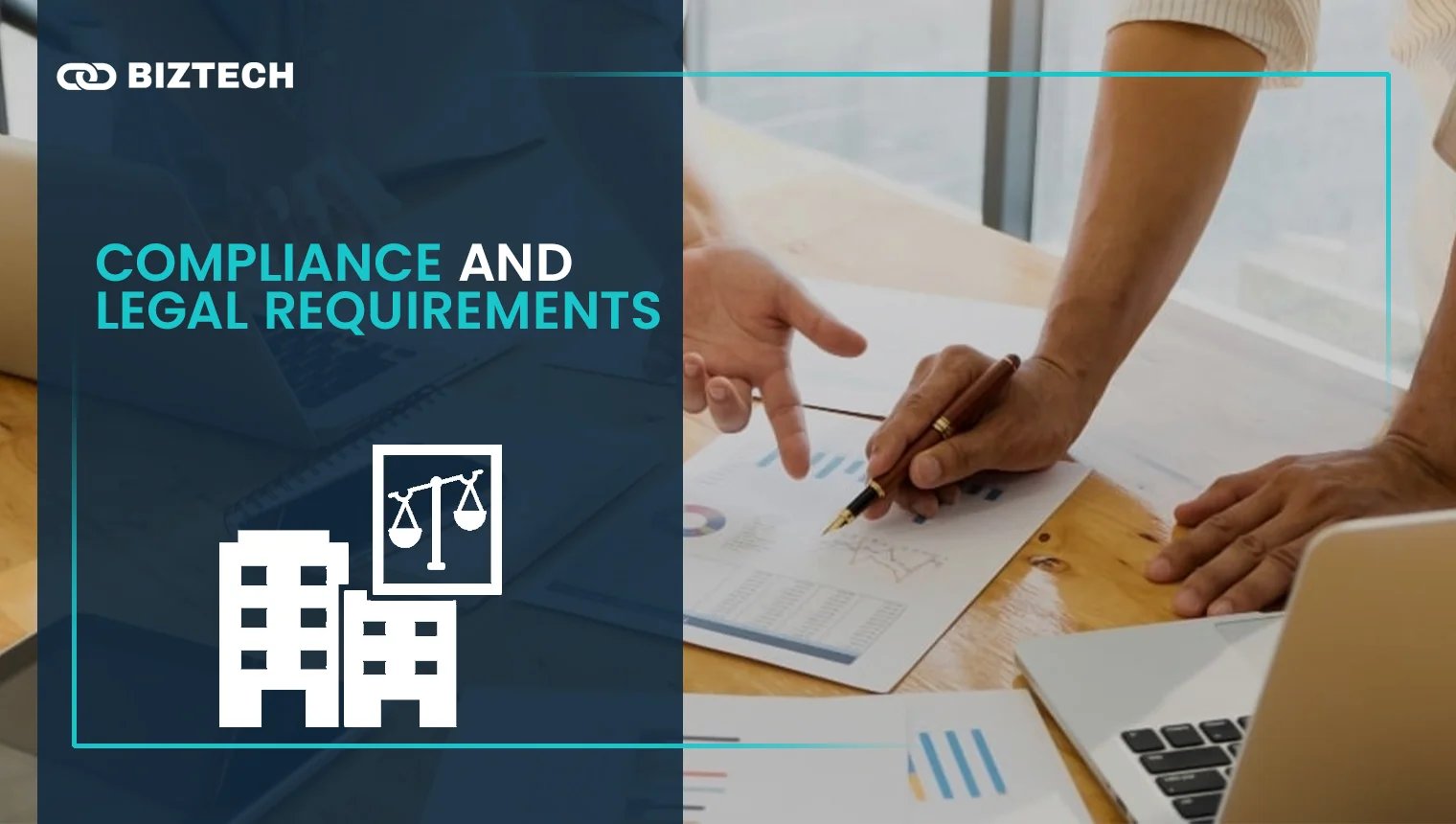Hello entrepreneur! Congratulations on taking the first step into making your dreams come true!
Now, we understand that it can be a little daunting to think about how to start a business in Singapore and kickstart all the formal paperwork to officially start. Hence, we have put this guide together for you!
Did you know that Singapore is ranked No.2 for ease of doing business?
With its strategic location and an active government that constantly provides support to its local businesses, it truly is the place to start your business.
In this comprehensive guide, we have outlined all the steps you need to take before you kickstart your business—from selecting the right business structure to registration and even securing your funds. We hope that this will be super useful to you!
Understanding The Business Entities in Singapore

In Singapore, there are 4 business structures that are widely used by all businesses. Let’s examine them and their features.
Sole Proprietorship
If you want to run a business alone with no partners involved, then you should choose to register your business as a sole proprietorship. In short, you will own and control the business without any partners.
Partnership
A partnership, on the other hand, is a structure that you will choose if you have a partner in the business. Your partner can be an individual, a company, or an LLP (limited liability partner).
In this business structure, you can have a maximum of 20 partners only. The partnership is also not a separate legal entity from the business owners.
Limited Liability Partnership
How is a limited liability partnership or LLP different from a partnership?
A LLP is where an individual partner’s own liability is generally limited if compared to a partnership.
In other words, an LLP is a business with partners but gives owners the ability to function as a separate legal entity.
Private Limited Company
Last but not least is the private limited company structure. Basically this structure is used when you want to start a business that has a legal entity which is separate and different from its directors and shareholders.
Factors to consider when choosing a business structure
| Sole Proprietorship | Partnership | Limited Liability Partnership | Company | |
| Nature of business | Single ownership with simple businesses | Two or more partners with simple businesses | At least 2 partners, no maximum limit. | 20 and above members with complex business activities |
| Capital Investment | $1 | $1 | At least $50,000 for certain businesses | At least $50,000 for certain businesses |
| Taxes | Profits are taxed at the owner’s personal income tax rates | Profits taxed at partners’ personal income tax rates | Profits taxed at partners’ personal income tax rates or corporate tax rate | Profits taxed at corporate’s tax rates |
| Liability and Risks | Low | Intermediate | Intermediate | High |
| Long Term Plans | Short, not complex | Short to medium | Short to medium | Medium to long |
Nature of Business
Are you planning to open an online store and sell your printables? Or are you looking to partner with another person and buy large clinics to form a healthcare group? Either scenario will require its own fitted structure.
If you plan to own a simple business, keep it simple and select the sole proprietorship structure. However, if your business will involve a lot more complex activities, then it is best to go for a much more structured approach, like a private limited company. Study the nature of your business before selecting an appropriate structure.
Capital investment
You must consider how much capital you will invest in the business. While a sole proprietor may only need a small amount, certain larger structures like a private limited company may require a larger sum.
Consider how much capital you are investing in the business. Certain structures, such as corporations, may require a higher level of capital investment, while others, such as sole proprietorships, may have lower initial costs.
Taxes
Another big factor to consider when choosing the right business entity is the taxation system. In Singapore, a sole proprietorship’s profits are taxed based on the owner’s personal income tax rates.
On the other hand, if you are a company, you will be taxed based on corporate tax rates. Generally, corporate tax rates begin at 15% in Singapore. So, choose your business structure wisely.
Liability and risks
With any business, you will have a level of liability and risks that you must be willing to take on. For structures like partnership and sole proprietorship, you might be exposing yourself to personal liabilities when it comes to business debts as well as legal issues.
However, larger structures like LLPs offer protection from these as they separate personal and business liabilities. It is therefore wise to consider liabilities and risks before choosing a business structure.
Long-term plans
Where do you see yourself in the long term, especially in terms of your business? If you see tremendous growth, with access to external funds or potential changes in terms of ownership of the business, then a more suitable structure would be an LLP or a private limited company as these structures provide the flexibility to do so.
Planning Your Business
Now that you have considered the structures and the factors that you need to consider before choosing the right structure for your business, what is the next step in starting a business in Singapore?
Well, that will be your business plan! It almost goes without saying that a business plan is the ultimate step in making your business ideas come to reality.
But do you really need it?
Yes, you do! In short, remember that a business plan not only helps guide you to build the business and achieve your goals, but it also is legally required by The Accounting and Corporate Regulatory Authority (ACRA). As part of the incorporation process of your business, you are required to submit your business plan so that they can assess its ability to contribute to the economy of the country,
Aside from that, if you are planning to secure funding, a business plan will definitely help provide investors with a clear and comprehensive roadmap of how you will grow the business and if it’s a good investment for them to make.
Your business plan will be useful in many different ways as long as it outlines the business description, market analysis, organisational management, and sales strategies, to name a few.
Registration Process For Your Business in Singapore

One of the most important steps in starting a business in Singapore is registering your business. For the purpose of this guide, we will look at sole proprietorship registration. However, we will also include the additional steps you would take for a company or a partnership, if applicable.
Step 1: Decide on a business name
Now that you have your business idea developed into a plan and you have successfully chosen the business structure that will best fit your business, It’s time to decide what you should call it.
You must make sure that your chosen name does not include any of the following. Otherwise, the Registrar has full authority to reject your chosen name :
- Must not be undesirable
- Cannot be identical to another existing or reserved name of any business or company in Singapore
- Instruction Minister to the Registrar not to accept trademarked registration (for example Temasek)
Once you have ensured that it complies with the above requirement, use this free tool to check to see if the name is available.
As long as the name is available, you can proceed to register it with the Accounting and Corporate Regulatory Authority (ACRA).
Since you are registering a sole proprietorship, follow the simple steps below :
Note: This is also applicable to those applying for a partnership.
a. Register through GoBusiness
b. Log in to SINGPASS
c. Utilise the e-Advicer for Starting a Business to create a Guided Journey
d. Time to apply for business name online
In the event that you are applying for anything other than a sole proprietorship or a partnership, follow the steps below :
a. Register through BizeFile+
b. Engage with a registered filing agent to submit an online application on your behalf.
Step 2: Provide a local address
Every registered business in Singapore needs to have its own address. Thankfully, you can use a business address or your home address. You just need to be aware that both these addresses will be published on ACRA’s website.
In the event that you will be operating out of your home, especially for a small business, you need to also gain the approval of the Home Office Scheme as well as written permission from the Urban Redevelopment Authority (URA) or the Housing & Development Board (HDB).
All of these permissions and approvals must be obtained prior to filing with ACRA.
Step 3: Appoint a Local Authorised Representative
This step is more applicable to non-citizens in Singapore. The most basic requirement to set up a sole proprietorship is to be more than 18 years of age and a Singapore citizen.
If you are not a citizen or at least a Singapore permanent resident or an EntrePass holder, you need to appoint a local authorised representative.
Your representative must meet the criteria set by Singapore’s authorities, as he or she will serve as a local point of contact for formal correspondence related to your business.
If you are applying to set up a private limited company, a foreigner will also need to apply for an EntrePass from the Ministry of Manpower Singapore if he or she wishes to act as a local director of the company.
Step 4: Register with BizFile+ under ACRA
The final step on how to start a business in Singapore will require you to officially register with ACRA under their BizFile+ portal.
Before you do so, do a quick check and make sure that all your documents, as per the checklist below, are available and in hand so that your registration process is smooth.
- Company name
- Description of business activity
- Local business address (if home address, make sure these permissions are available)
- Singapore ID and registration number
- Local address of sole proprietor (residence address)
To file your registration under the BizFile+ portal, log in and use SingPass. Should you not have SingPass, then be sure to appoint a registered filing agent.
The cost of this registration (sole proprietorship) is $100 yearly. You also have the choice of paying $175 for three years. Renewal after three years is $30 per year.
Financial Setup For Your Business in Singapore

Now that you are much closer to getting the right guidance on how to start a business in Singapore, there are only a few minor steps that you need to take to complete this process.
Please note that once you have finished registration within the BizFile+ portal, you will be given a Unique Entity Number (UEN), which you will use with government agencies and to file taxes as a sole proprietor. So, it is imperative that you keep this number safe.
The next steps after registration are as below :
- Opening a business bank account
- Get an office lease if required
- Set up communications like phone line
If you have registered as a sole proprietor, you may not need to conduct annual audits or submit your financial statements. However, you are required to file your annual income return which includes the revenue and profits of your business.
On the other hand, as a company, remember that you must submit your yearly financial statements to ACRA and conduct an annual audit.
Businesses Tax System
There is no escaping taxes in any country which is the case in Singapore. If you have registered for a company, these taxation systems become even more important as it involve several other agencies (unlike sole proprietors who only need to file their annual income returns).
The authorities in Singapore impose a 17% flat tax rate on all chargeable income. To fulfil the tax requirements, as a company, two different forms must be submitted on an annual basis :
- ECI Form: Submit this form 3 months from your company’s financial year end.
- Form C-S or Form C: Submit this form by 30th November every year
If you fail to submit these forms within the stipulated timelines, ACRA will impose a S$300 fine for non-compliance. On the other hand, IRAS may also penalise your company based on the estimated rate of tax payable.
Aside from corporate tax filing, you need to also nail down your GST filing as per the requirements of the law in Singapore. However, remember that you will only register for GST if your company’s annual turnover is higher than S$1 million. If your turnover is more than that, submit an application to the IRAS.
Compliance and Legal Requirements

Another important aspect to remember is that companies, unlike sole proprietors, will require ongoing compliance submissions. As mentioned above, taxation and GST applications must be made if your company meets the requirements. However, to continue operating as a company in Singapore, there are a few other aspects that need to be complied with.
One such is the filing of annual general meetings. As a company, you are required to hold an annual general meeting (AGM). The first AGM should take place 18 months after incorporation.
After that, you can hold an AGM every year as long as the interval is no longer than 15 months.
What Are The Funding Options for Businesses in Singapore
Now that you are well-versed in all the steps you need to take on how to start a business in Singapore, let’s take a quick look at the options you will have as a business to secure funding.
Securing funding is vital because it helps you grow and allows for expansion as well as support your business operations. There are many ways to secure funding but let’s take a look at a few common options :
Government Funding and Grants
The government has designed many programs to support businesses in Singapore. Some programs are meant for SMEs, while others are more equipped to support large enterprises. To see what is offered, browse the Business Grant Portal by the Singapore government.
No matter how big or small your business is, government funding and grants are a good avenue as they usually come with favourable terms, do not require collaterals and are generally beneficial for businesses with limited assets.
Bank Loans
If other methods are not within your reach, then the simplest and most traditional form of securing funds is through a bank loan. There are many financing options which are available that would fit any size of your business. Just research according to your needs and study their offering before committing to one.
Crowdfunding
Another option that has been gaining popularity recently is the Crowdfunding option. As long as you have a large number of people who believe in your business idea or product, you can raise funds from them. This is also a popular method to market your product and raise interest amongst users before they are even made!
Although it may sound simple, you need to make sure that the products will eventually be made with careful planning and your promise to deliver them is kept!
Angel Investors
Last but not least, angel investors are individuals with a huge amount of entrepreneurial experience and high net worth who can invest in your business monetarily and mentor and guide you.
This option provides much more than just monetary gains, so be sure to use it wisely, especially since convincing angel investors these days can be pretty complex!
Launching Operations
If you have finally reached this section of this article, congrats! All there is left to do is to pick a location, set up your business with all the equipment and software that you might need and voila, you’re off to a great start!
Remember that starting a business can be overwhelming, so be sure to have all the right equipment handy to deliver your service or products efficiently. At the same time, you might also need software to help you plan and run business operations smoothly.
So if you haven’t yet thought about this, now is a good time to do so!
Conclusion
Starting a business must be a little nerve-wracking for any new entrepreneur. Fret not—that is exactly why this article was created: It touches on all the important steps and details you will need to know about starting a business in Singapore.
From finding the right structure to registering your business and what you need to do afterward, as well as methods to secure financing, we sure hope we have covered all the bases to get you ready for your business venture!
Remember also to leverage the business-friendly landscape of Singapore where you get access to a pool of global talent and benefit from a strong regulatory business environment.
With proper planning and guidance, we believe you will definitely achieve remarkable success!
